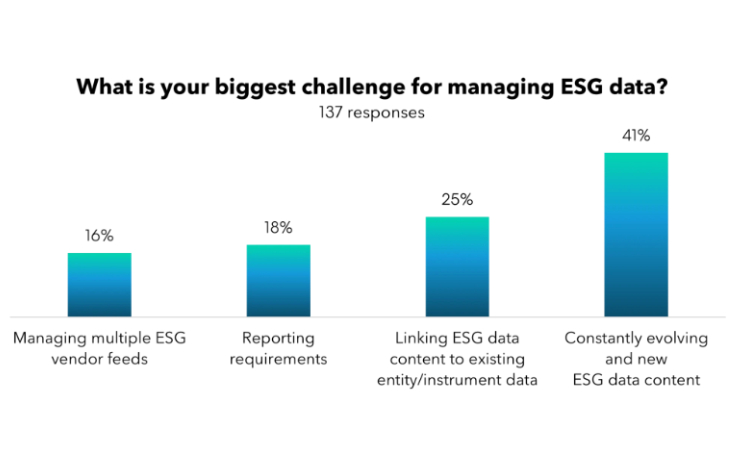As ESG (Environmental, Social and Governance) issues continue to gain prominence in the corporate world, modern slavery is an area that companies are increasingly being held accountable for. A modern slavery statement is a key component of a company’s commitment to tackling modern slavery within its operations and supply chains.
A modern slavery statement is a public statement that outlines a company’s efforts to identify, prevent and address modern slavery within its operations and supply chains. Modern slavery is a term used to describe any form of forced labour, human trafficking, or exploitation of people for commercial gain. The statement is a legal requirement for certain companies operating in the UK and Australia, and it is also considered best practice for companies operating in other regions. The statement typically includes information on the company’s policies and procedures relating to modern slavery, including how the company identifies and assesses the risk of modern slavery within its operations and supply chains. It also outlines the steps the company is taking to prevent modern slavery and the processes in place for monitoring compliance. Finally, the statement may include details of any incidents of modern slavery that have been identified and how they were addressed.
The importance of a modern slavery statement cannot be overstated. Firstly, it demonstrates a company’s commitment to ethical business practices and its responsibility to respect human rights. Secondly, it provides transparency and accountability to stakeholders, including customers, investors, and regulators. A company that does not have a modern slavery statement or whose statement is inadequate may face reputational damage, legal and financial consequences, and even criminal charges. To develop an effective modern slavery statement, companies should follow a few key steps. Firstly, they should conduct a risk assessment to identify the areas of their operations and supply chains that are most vulnerable to modern slavery. Secondly, they should implement policies and procedures to prevent modern slavery, such as due diligence procedures for suppliers and contractors, and training programs for staff. Thirdly, they should monitor compliance with these policies and procedures, including conducting regular audits and evaluations. Finally, they should report on their progress in addressing modern slavery within their operations and supply chains, including any incidents identified and how they were addressed.
In conclusion, a modern slavery statement is a critical component of a company’s commitment to ethical business practices and respect for human rights. It demonstrates transparency and accountability to stakeholders and helps prevent reputational damage, legal and financial consequences, and criminal charges. Companies that develop an effective modern slavery statement and take steps to prevent and address modern slavery within their operations and supply chains will be better positioned to meet the expectations of their stakeholders and contribute to a more sustainable future.
ESG Impact helps businesses:
Meet Modern Slavery reporting requirements
Introduce ESG Technology which can manage and mitigate modern slavery risks
Create good governance
ESG Reporting
ESG Sustainability
ESG Scores
ESG Strategy










